In the fall of 1980, I was a second-year student at Harvard Divinity School. I intended, like my father to become a Presbyterian minister. But I was by nature a writer and a news junkie who devoured at least two newspapers a day and had already published freelance articles in papers such as The Christian Science Monitor. I could not, however, reconcile the social activism of my father, who was involved in the Vietnam anti-war movement and the civil rights movement, with the supposed neutrality and objectivity demanded by American journalism. It was then that I met Robert Cox, the former editor of The Buenos Aires Herald, who was a Nieman fellow for the year at Harvard. Bob had reported on the crimes of the dirty war in Argentina which saw some 30,000 Argentines disappeared by military death squads in the late 1970s and early 1980s. The victims were held in secret prisons, savagely tortured, and murdered. Many families to this day do not know the fate of their sons, daughters, siblings and spouses. Bob received frequent death threats in a climate where some 60 Argentine journalists were also kidnapped by the military and disappeared. He fatally accepted that he too would be killed, which he said gave him a strange kind of comfort, and continued to doggedly persist in making public the names of those who had disappeared and the anguish of their families. In his example I saw that journalism did not have to be divorced from morality, that while the truth was always paramount and should never be twisted to serve one side or another, we have an obligation as journalists to give a voice to the vulnerable, especially those who are being silenced and persecuted by the powerful. I took a leave from divinity school to study Spanish at the language school run by Maryknoll in Bolivia and report on the heinous dictatorships in Latin America. I covered the Falkland War from Buenos Aires for NPR and then, after returning to get my degree from Harvard, left for El Salvador where I would spend the next five years reporting on the conflicts in Central America. The last piece of sage advice Bob gave me before I left for Bolivia was to take with me the four volumes of George Orwell’s Collected Essays, Journalism and Letters, which became my secular bible. A new film, Messenger on a White Horse, available on Amazon, documents Bob and his wife Maud’s heroic stand in Argentina. Joining me to discuss his experiences in Argentina, the documentary and what it means to be a reporter is Bob Cox.
The Chris Hedges Report Podcast with Robert Cox
Chris Hedges speaks with Robert Cox, the former editor of the Buenos Aires Herald, about his campaign during the Dirty War in Argentina to report on the disappeared and the essence of journalism.
Jun 22, 2022

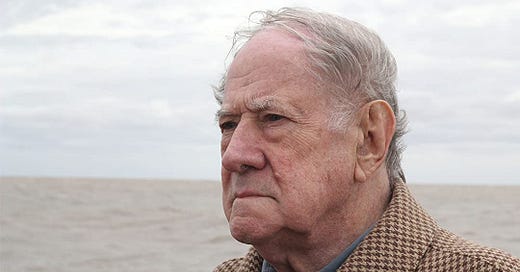




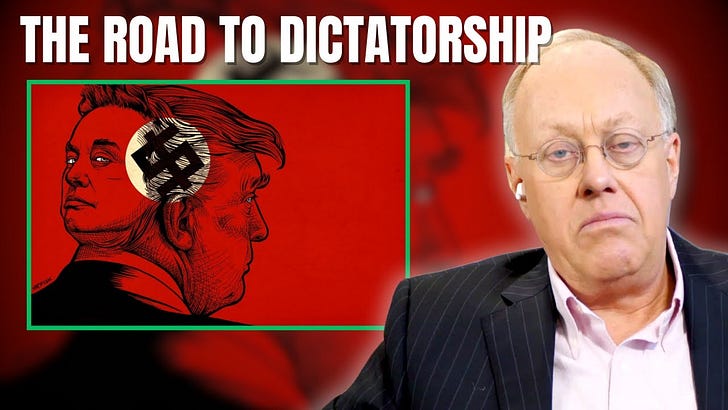
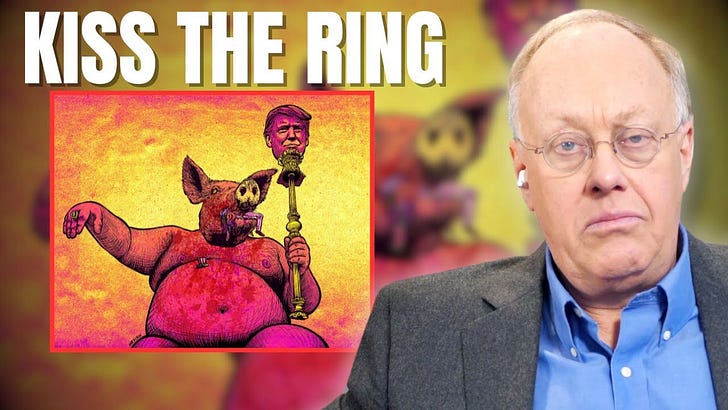
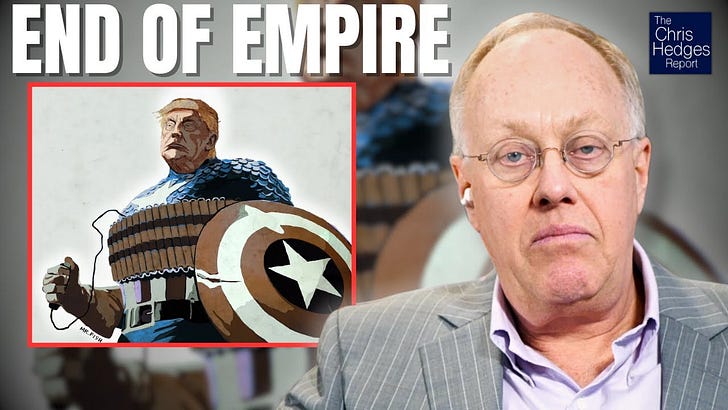
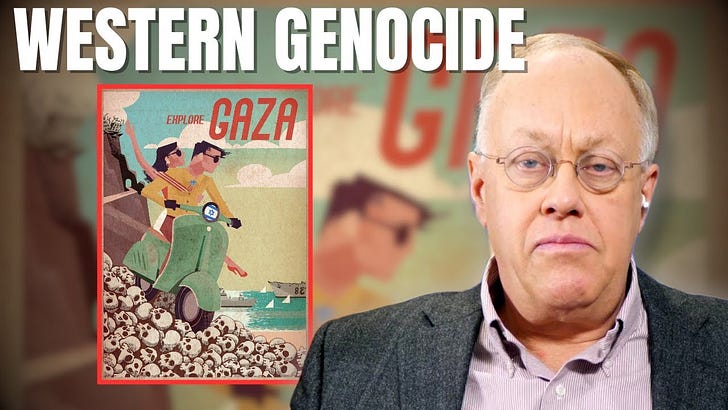
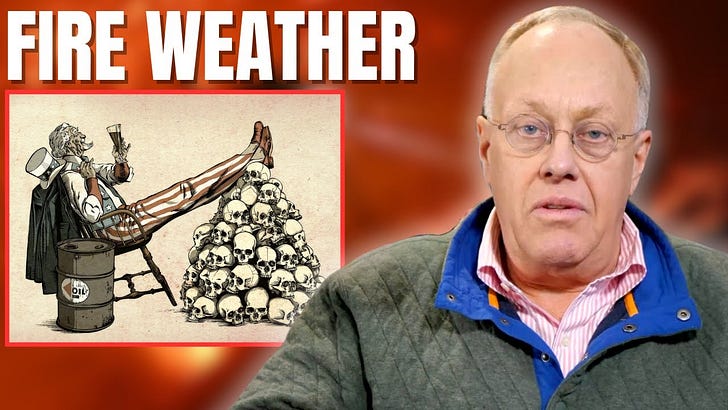
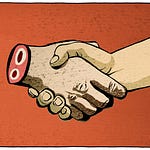
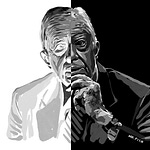
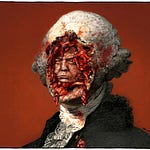
Share this post